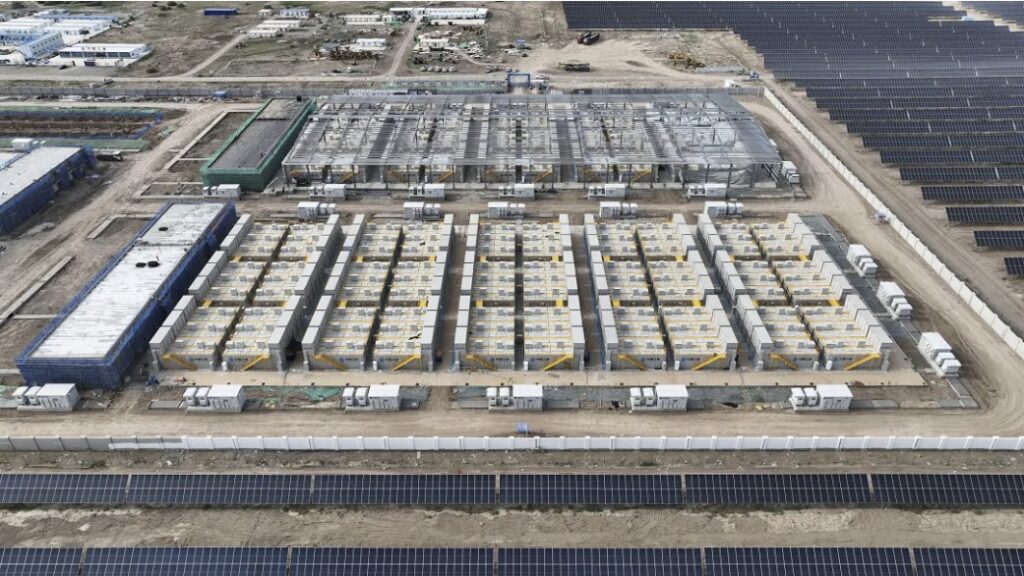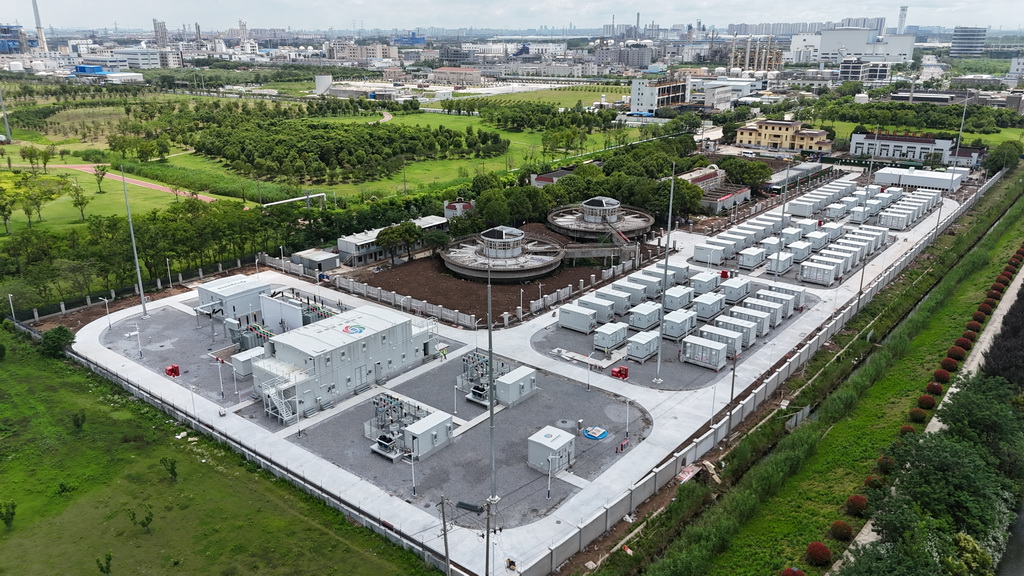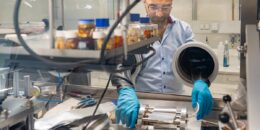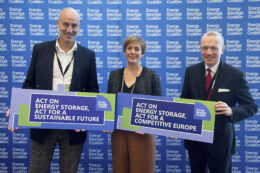E.ON partners with Superdielectrics to develop novel polymer-based energy storage
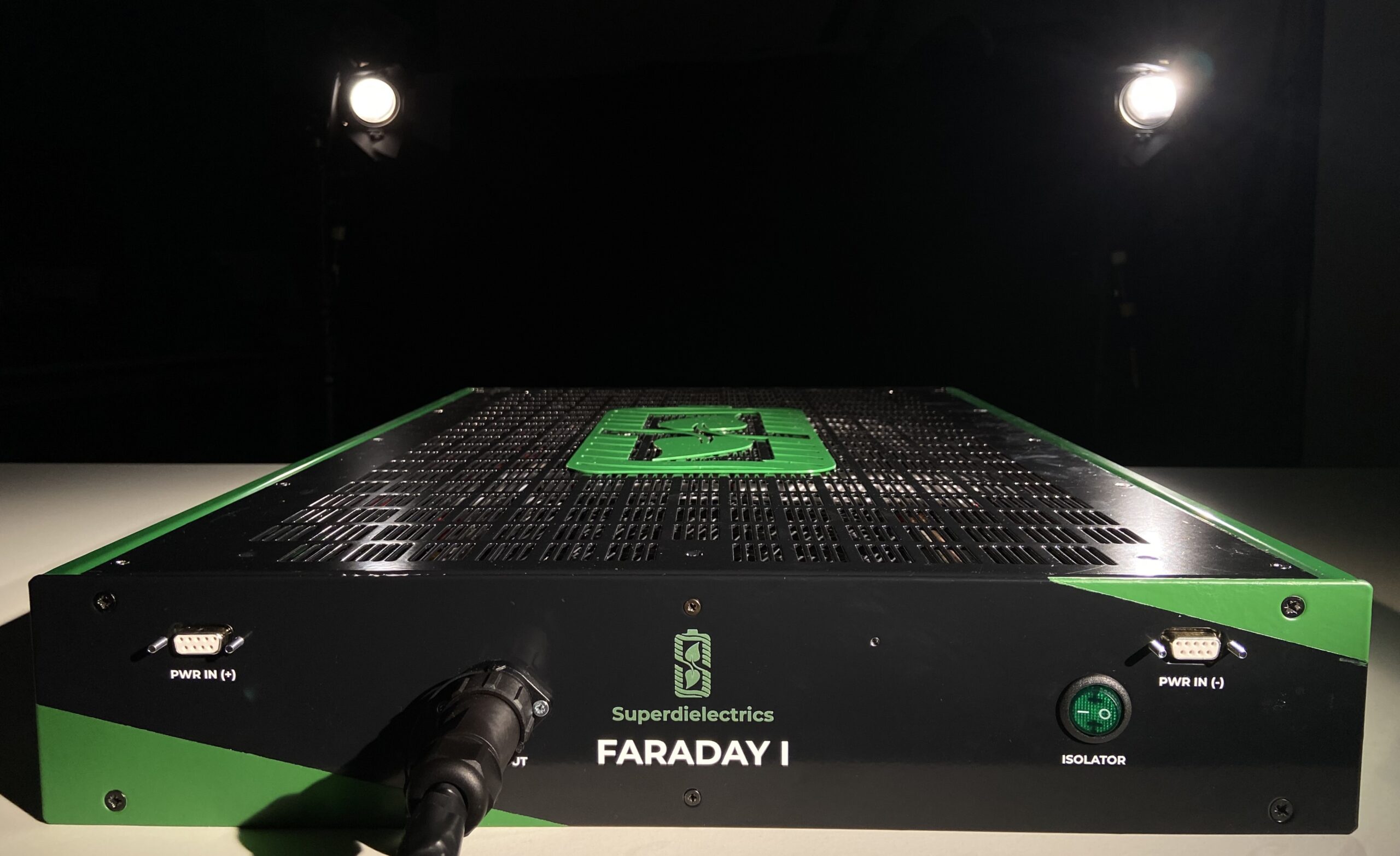
Energy utility giant E.ON has entered into a collaboration agreement with UK-based technology firm Superdielectrics to advance the development of a novel polymer-based battery technology, primarily targeting the residential energy storage market.
The partnership aims to leverage E.ON’s market access and data on the needs of residential and business customers, complementing Superdielectrics’ energy storage approach, which focuses on domestic use rather than large-scale deployments.
Battery tech
Superdielectrics describes its core technology as utilizing a polymer membrane, comparing its base material to that used in contact lenses. The company claims that this approach avoids reliance on rare or expensive metals commonly found in established battery chemistries, such as lithium-ion.
According to Superdielectrics, this polymer-based system offers potential advantages in terms of cost, safety, and sustainability. The company states the materials are readily available, non-flammable, and easily recyclable. Following a demonstration unit reveal last year, dubbed the Faraday I, Superdielectrics claims the technology can achieve a full charge in approximately 30 minutes and offers a lifecycle potentially comparable to, or exceeding, existing battery types.
However, specific technical performance data, such as energy density (Wh/kg or Wh/L), power density (W/kg or W/L), round-trip efficiency, degradation rates over cycles, and specific cost targets ($/kWh), have not been publicly released. The company asserts its system can “compete with lithium-ion batteries in power,” but independent verification and detailed specifications are pending.
The UK-based company has previously mentioned in early 2024 that it had achieved a nine-times increase in cell density “over the past two years,” though again without providing baseline or current specific figures.
Superdielectrics mentioned its technology is based on early trials and estimates significant potential savings for UK consumers, although specific figures like the quoted “up to 85%” remain projections at this stage.
Julian Lennertz, Chief Commercial Officer at E.ON Next, framed the partnership within E.ON’s strategy of seeking new technologies to make energy more affordable and sustainable for customers. Jim Heathcote, CEO of Superdielectrics, highlighted that E.ON’s support is anticipated to bring the technology into production “far sooner.”
Neither company provided a concrete timeline for commercial product availability.







